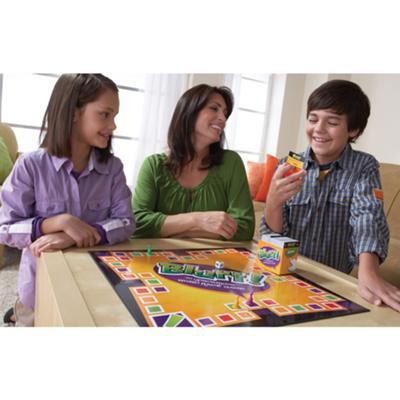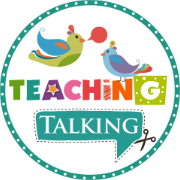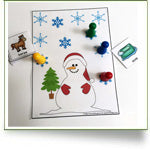
Blurt Board Game
April 14, 2015 3 min read
The Blurt Board Game is great educational fun for school-aged children. This game helps with vocabulary building in Speech Therapy.
Number of Players:3 to 12
Ages: 7+
Target : Furthers vocabulary. Highly recommended for developing kids language skills in a fun way.
In this game players are rewarded for quick vocabulary recall. One player reads out a word definition and other players must shout out the word that is being described.
The game contains a game board, a die, six game tokens and 300 cards with over 1000 clues. It is the cleverly thought out clues targeting various skill levels that make it fun for different level players to play together. Included in the game is also a junior version, which is modified to suit kids ages seven to nine.
Older or more skilled children can also take advantage of the advanced play options the game offers, -much like levels in a video game when you elevate the challenge you increase the fun.
In this game, players take turns drawing cards. Rolling the die determines what clues should be read. If you roll a one or a two, read the first clue. If you roll a three or a four, you’ll need to read the second clue and so on. Whoever is the first to call out the correct answer advances on the game board. The first player who goes the distance on the game board and back to the starting point wins!
Using the Blurt Board Game in Speech Therapy
Word Recall and Vocabulary Development
The Educational Insights Blurt! Game addresses kids’ vocabulary recall and new vocabulary acquisition. It can help with learning new words and with practice in recalling previously learned words and definitions. This makes it a great educational game for children elementary school age and up.
Blurt! lends itself to easy adaptation for children with developmental delays or beginning language skills. While the instructions encourage kids to read the definitions to each other, the game can be modified to help children at various learning levels succeed.
For example, there can be a separate reader, such as a parent or speech therapist, who reads the clues to the players. You can also have the children write down their answers and thus take the competitive time element of who is going to be first out of the equation.
If you are searching for an activity to use on the go, here is another tip: Simply leave the game board at home and just take the cards along with you. This way you can train vocabulary skills wherever you are, i.e. as a family out dining, on a car ride or while you are waiting in line.
A speech therapist working at different schools might want to keep these cards handy as a quick, fun pick-up between learning units.
Now you know all there is to know about the game – you are ready to play. Have fun!
(And check out these great speech language games for middle-schoolers!)
|
Hedbanz
|
| Taboo |
Scattergories Categories |













